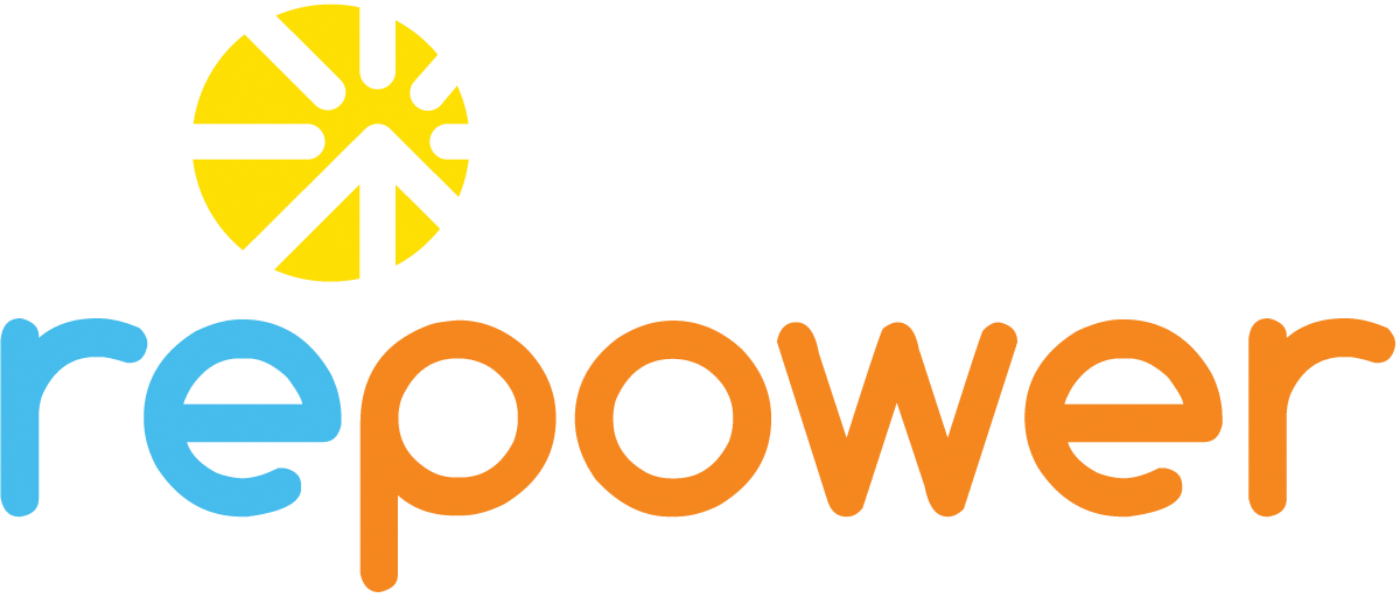There’s a lot of sunshine being monetized by our community. In Davis alone, one in four single family residences have solar PV systems (versus approximately 5% in PG&E territory). Such rapid adoption is driven by four factors: PG&E’s ever-escalating electricity rates, a sharp decline in the cost of solar systems, the 30% federal tax credit, and (increasingly) grand concerns about our climate and planet.
The formative stage of the Repower program involved extensive research. We assessed the quality, reliability and pricing of solar equipment; the efficacy of solar installation contractors; the pricing (through a group purchase program) of solar; the most viable financing options; and, the most systematic installation methodology. Since pulling the pieces together and enabling the Repower program, we have had the fortune of helping more homeowners in our community invest in solar than any other solar provider.
If you are pondering going solar, here are five key considerations:
1. How long do you intend to reside in your home? If your horizon is less than five years, think twice; if more than five (and given you have a de facto agreement with PG&E to purchase electricity), dig deep.
2. What is the condition (and remaining life) of your roof? Solar systems have a 25-year production warranty. Though it is possible (and common) to replace a roof with an existing solar system, if your roof’s remaining life is less than 10 years, you should consider replacing all or part (i.e., the portion under the solar panels) of your roof.
3. What are the installation contractor’s qualifications? Thereby, it’s critical to speak with local homeowners who have worked with the contractor. Furthermore, you should seek a 10-year workmanship warranty and ensure the installation contractor is financially solvent. Finally, the contractor’s experience with your type of roof is paramount.
4. Who manufacturers the solar panels and inverter(s)? The assessment herein is twofold: What is the efficacy and reliability of the products, and what is the financial solvency (i.e., strength of balance sheet) of the manufacturer, and thus the validity of their performance warranty. Bloomberg qualifies a dozen or so solar panel manufacturers as “Tier 1” or “investment grade” … make sure you’re purchasing a product from this class.
5. Who will own the system and/or how will you pay for it? Frankly, leasing a solar system — whereby your solar panels are owned by a third-party, tax equity fund — is a raw deal for homeowners. You should own your system. Many homeowners employ a home equity line of credit (HELOC) or credit union financing (Yolo Federal Credit Union) to finance their solar system. (Contact us if you would like to learn more about Property Assessed Clean Energy [PACE] financing … we helped developed the first PACE programs in Sacramento and Yolo counties.)
At the end of the day, you'd like to know the likelihood your solar system will meet or exceed its energy forecast. Most solar companies use the same forecasting tools. It's the assumptions that feed these models that vary. You should feel confident the forecast presented is reasonable and not some pie-in-the-sky result. Hence, ask solar companies the proportion of systems installed that meet or exceed the originally forecast energy generation. (You should also ask the number of systems monitored to ensure it's a meaningful proportion.)
We do not have all the answers — there is no surefire, perfect solar solution — but we do have strong opinions and extensive experience in our community. Nobody wants to get a bad deal or make a short-sighted decision; filtering through the noise of pesky solar solicitations can be migraine-inducing. To wit, feel free to contact us if you need a hand.



